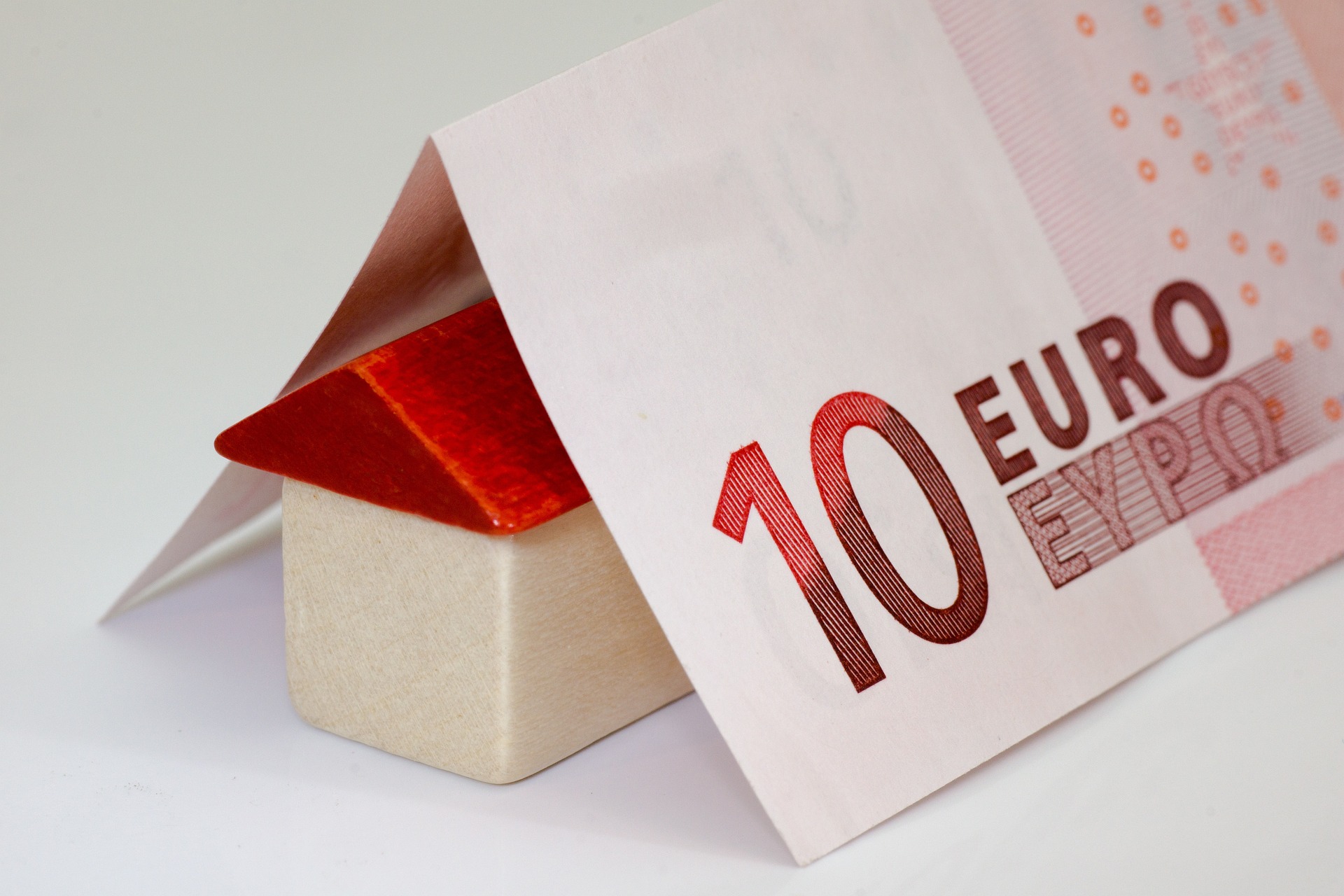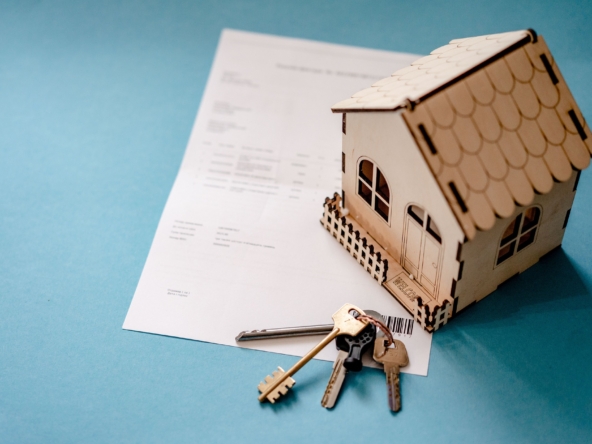What are the most commonly used valuation methods in Mauritius?
In Mauritius, five of the most commonly used valuation methods are the comparable sales approach, the cost approach, the income approach, the market value approach and the discounted cash flow analysis.
The comparable sales approach is a popular method used to value real estate assets, such as land and buildings. It is based on the principle of substitution and involves comparing the property in question with similar properties recently sold in the same area. This method is considered to be one of the most reliable and accurate valuation methods.
The cost approach is based on the concept of replacement cost and involves estimating the cost of reproducing the good in question. This method is mainly used to value recent properties or those that have been recently renovated.
The income approach is used to value properties that generate income, such as rental properties, hotels and office buildings. It is based on the concept of capitalisation and involves estimating the present value of the future net income that the property will generate.
The market value method is based on the concept of supply and demand and involves estimating the market price at which the property in question will be sold. This method is generally used to value residential properties.
Discounted cash flow analysis is a complex method used to value properties with uncertain future cash flows. It is based on the concept of discounting and involves estimating the current value of the property on the basis of its projected future cash flows. This method is mainly used to value investments in companies.
How can a property investor use valuation to make intelligent investment decisions?
Real estate investors use valuation to make intelligent investment decisions by assessing a property’s current market value and its potential for future appreciation. Valuation helps investors make decisions about whether to buy, hold or sell a property.
When conducting an appraisal, investors analyse the location, condition and future appreciation potential of a property. This analysis helps investors determine the potential return on investment (ROI), which will indicate whether or not the property is a good investment.
Investors can use a variety of techniques to value a property. These techniques include comparative market analysis, capitalization rate analysis and discounted cash flow analysis. Comparative market analysis compares a property to similar properties in the same area. The capitalization rate analysis takes into account the expected future income of the property and its current market value. Discounted cash flow analysis looks at the property’s expected future cash flows, discounted by a specified rate of return.
These techniques help investors determine the current value of a property and the potential for future appreciation. This information can be used to make an informed decision about whether to buy, hold or sell a property.
Valuation is an important tool for property investors and can help them make intelligent investment decisions. By conducting an in-depth analysis of a property’s current value and its potential for future appreciation, investors can determine whether or not a property is a good investment.
What are the advantages of using a professional valuer in Mauritius?
Mauritius is a beautiful island nation in the Indian Ocean. With its diverse culture, stunning scenery and vibrant economy, it is a popular destination for tourists and those looking to invest. For those looking to invest in Mauritius, it is important to use the services of a professional valuer. A professional valuer can help protect the interests of the investor by providing an accurate valuation of the property or business being purchased. Here are some of the benefits of using a professional valuer in Mauritius.
1. Accurate valuation: A professional valuer in Mauritius has experience of the local market and can provide an accurate valuation of the property or business to be purchased. It is important for investors to ensure that they are not overpaying for the asset.
2. Local knowledge: A professional valuer in Mauritius has knowledge of the local market and can provide advice on the best possible deal for the investor. This can include helping to identify any potential problems that may arise during the purchase process.
3. Expertise: Professional valuers in Mauritius are highly qualified and experienced in their field. They are able to provide a comprehensive and accurate valuation of the property or business to be purchased. This ensures that the investor makes a sound investment.
4. Cost-effectiveness: Using a professional valuer in Mauritius can help reduce costs, as they are able to provide an accurate valuation of the property or business to be purchased. This can help reduce the amount of money that needs to be invested in the asset.
Overall, using a professional valuer in Mauritius gives investors peace of mind and allows them to make a sound and informed investment decision. A professional valuer has experience of the local market and can provide an accurate valuation of the property or business to be purchased. This ensures that the investor makes a sound investment decision and obtains the best possible deal.
What investment strategies should property investors use in Mauritius?
Mauritius is an ideal destination for property investors due to its attractive tax benefits and stable political environment. For those looking to take advantage of the island’s real estate opportunities, several strategies can be employed to achieve maximum returns.
The first strategy is to buy a property to generate rental income. Rental properties in Mauritius are in high demand and can generate good returns for investors. The second strategy is to look for undervalued properties with potential for appreciation. Investors can buy these properties at a discount and then sell them at a higher price once the property has appreciated in value.
Another strategy is to buy properties in prime locations. This will give investors access to prime properties in sought-after locations, with the potential for high rental yields. Investors can also explore joint venture opportunities, where they partner with local developers to buy land and build properties.
Finally, investors should consider investing in commercial property. Commercial property can be more profitable than residential property, as rental yields tend to be higher. Investing in commercial property also offers investors the opportunity to diversify their portfolios and generate passive income.
Overall, there are many investment strategies available to property investors in Mauritius. With careful planning, investors can take advantage of the attractive tax benefits and stable political environment to maximise their returns.
How does the Mauritian property market differ from other markets?
The property market in Mauritius is unique compared to other markets around the world. This is because it is a relatively small market, but one with a high level of demand. This means that there is strong growth potential in the market, as well as strong competition between buyers and sellers.
In addition, the Mauritius property market has a wide range of different types of property available. These include luxury villas, beachfront condos and even more affordable townhouses and flats. This means that there is something for everyone in the market, from those seeking a luxurious lifestyle to those looking for more affordable options.
The Mauritian property market is also subject to a range of different regulations that are unique to it. These regulations can have an impact on property prices, as well as on the buying and selling process. For example, the government has put in place measures to protect buyers from fraud and other types of corruption in the market.
Overall, the Mauritian property market is quite different from other markets around the world. It is a relatively small market, but one with a high level of demand and a wide variety of different types of property available. There are also a range of different regulations that can impact on the buying and selling process. All these factors make it an attractive option for those looking to invest in the property market.
What steps are legally required to value a property in Mauritius?
The steps legally required to value a property in Mauritius are as follows:
1. Research: Research the history of the property and current market conditions that may affect its value. This includes researching the zoning and locality of the property, recent sales in the area, current market trends and legal or financial restrictions that could affect the value of the property.
2. Site inspection: A qualified appraiser should inspect the property to determine its condition and features, as well as any improvements that may have been made.
3. Comparable Properties: The appraiser must also research and compare the property to other similar properties in the area to determine its market value. This includes researching recent sales of comparable properties, rental values of similar properties and any other relevant market data.
4. Final valuation: Once the research and site inspection have been completed, the valuer must then calculate the market value of the property on the basis of all the information obtained. The final valuation must then be signed by the valuer and submitted to the relevant authorities.
These steps are legally required in order to correctly and accurately value a property in Mauritius. It is important to ensure that the valuer you choose is qualified and experienced in valuing property in Mauritius.
What are the challenges associated with valuing real estate assets in Mauritius?
Mauritius is a small island country in the Indian Ocean with a strong economy and a booming property market. However, property valuation in Mauritius presents a number of challenges.
Firstly, the lack of a central database or register of property sales can make it difficult to assess values accurately. Without reliable data on past sales and market trends, it is difficult to determine the true market value of a property. In addition, the lack of a standardised valuation system across the country further complicates the process of accurately valuing a property.
Secondly, the tax and legal environment in Mauritius can be complex and difficult to navigate. Property transactions in Mauritius are subject to a number of different taxes, fees and regulations, which can make it difficult to accurately assess the value of a property. In addition, the legal framework for property transactions in Mauritius can be difficult to understand. An experienced property professional is often required to accurately assess the value of a property.
Thirdly, the availability of finance for property transactions can be another challenge. Banks and other lenders in Mauritius often require large down payments and have strict lending criteria. This can make it difficult for potential buyers to obtain the finance needed to purchase a property.
Overall, valuing property in Mauritius can be a complex and difficult process. The lack of reliable data, complex tax and legal environment and limited financing options can make it difficult to accurately assess the true value of a property. It is therefore important to consult an experienced real estate professional in order to correctly assess the value of a property.
For more information, please contact us: Click Here



